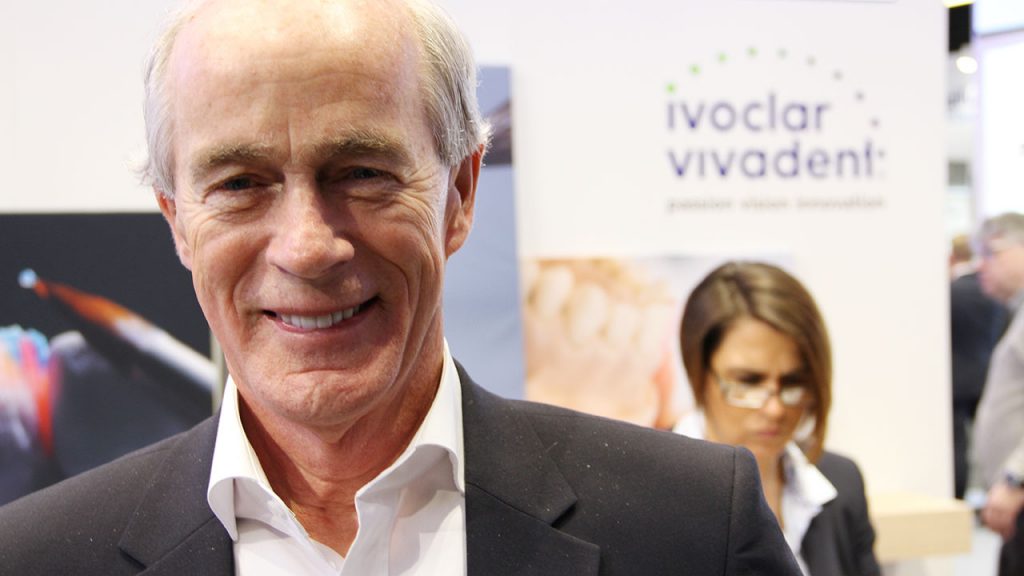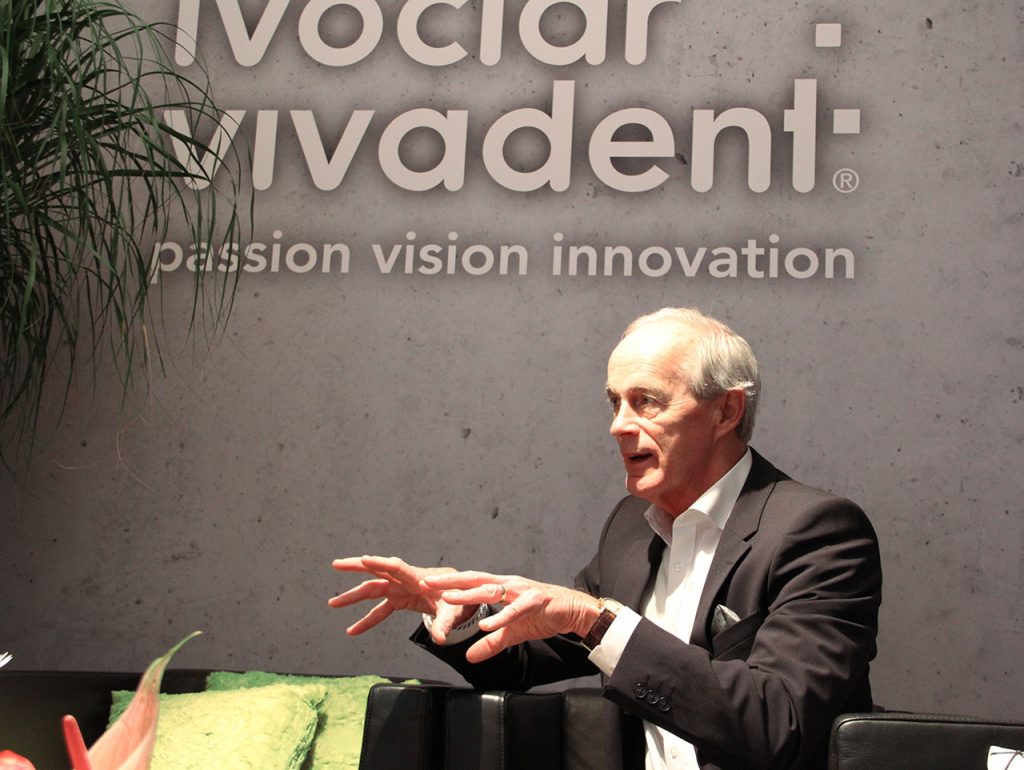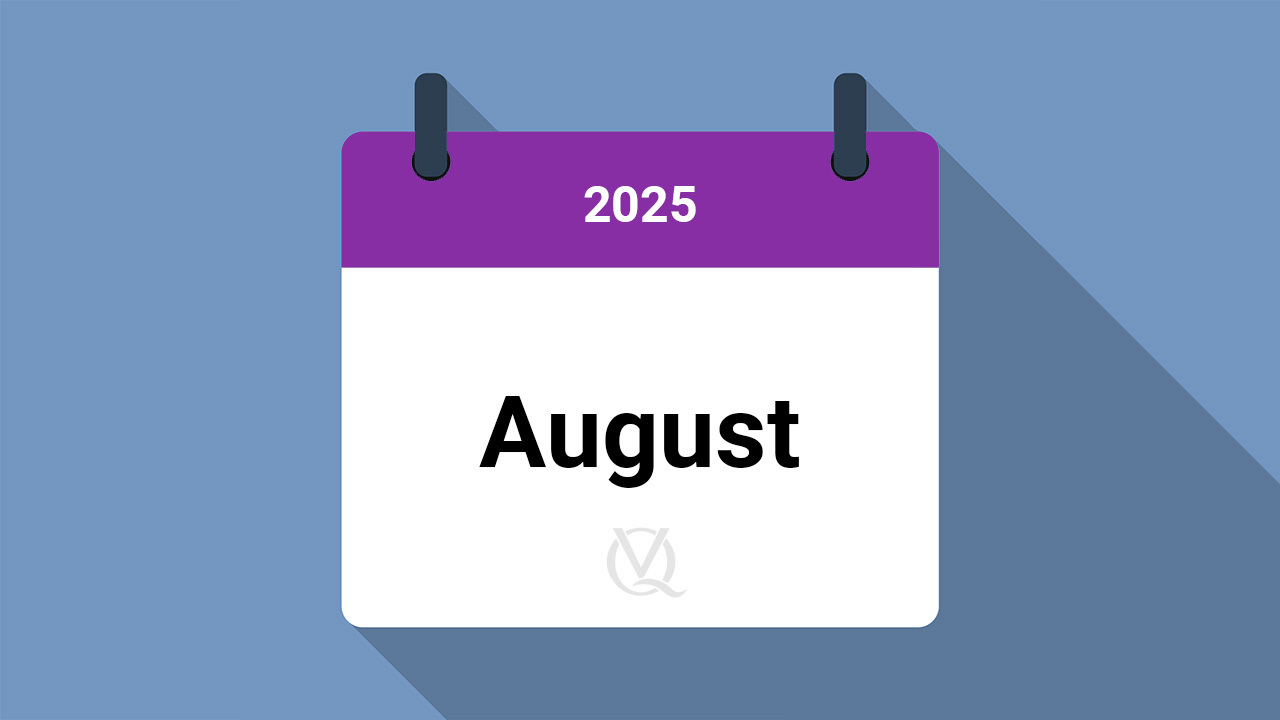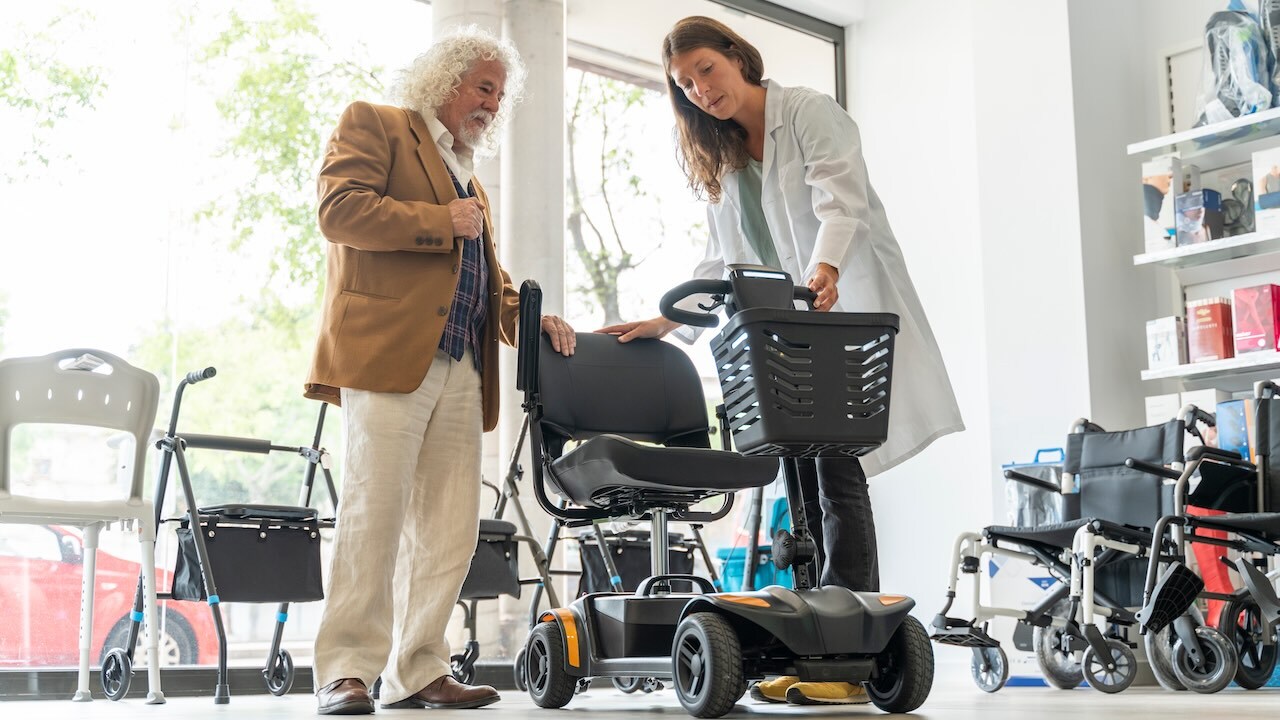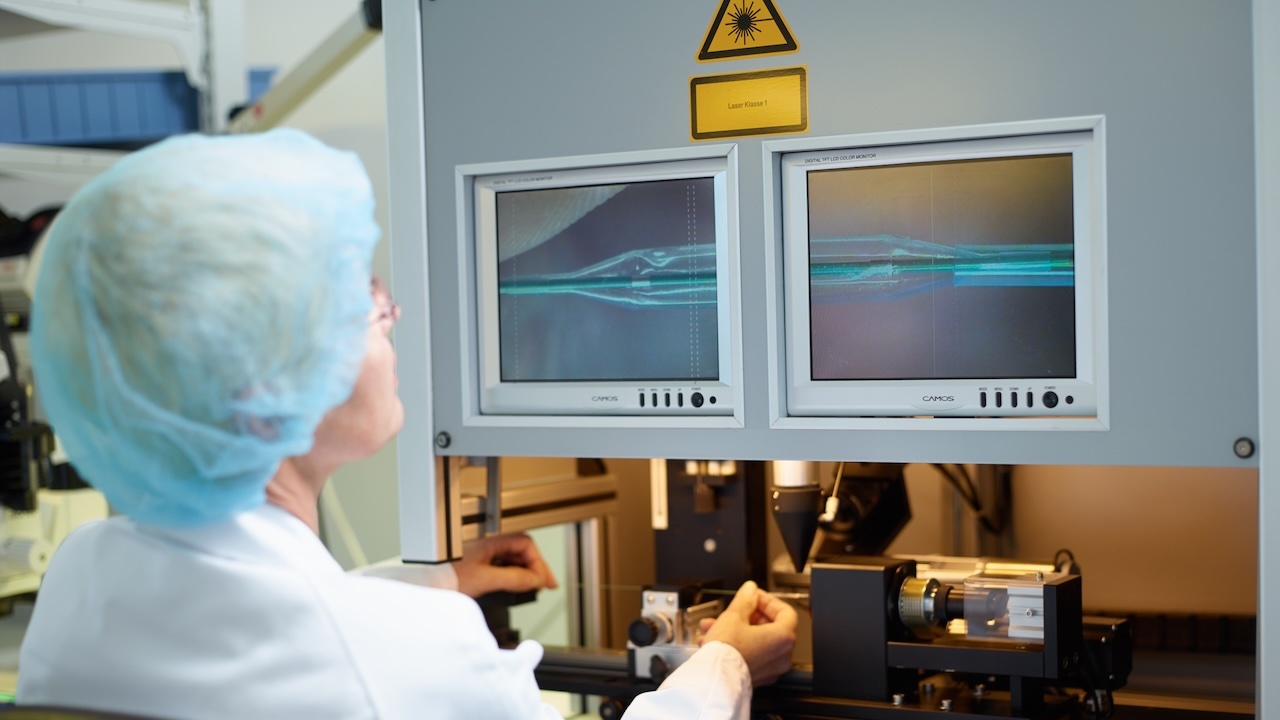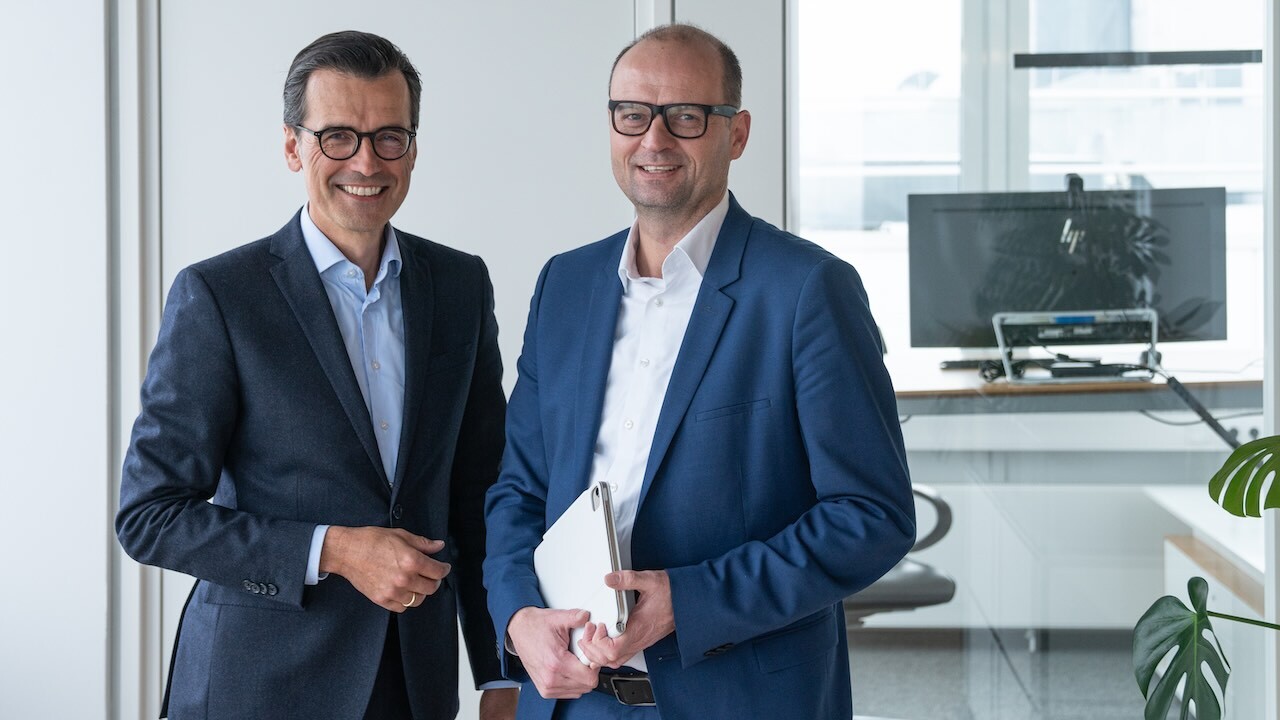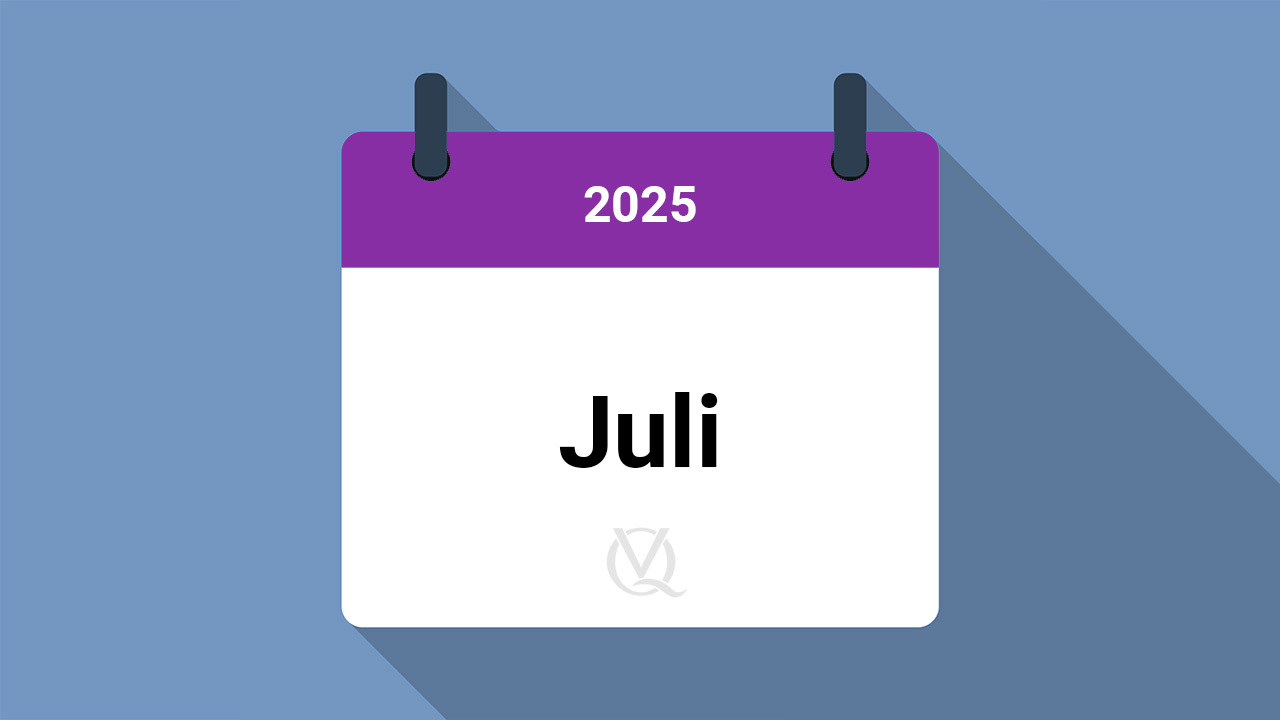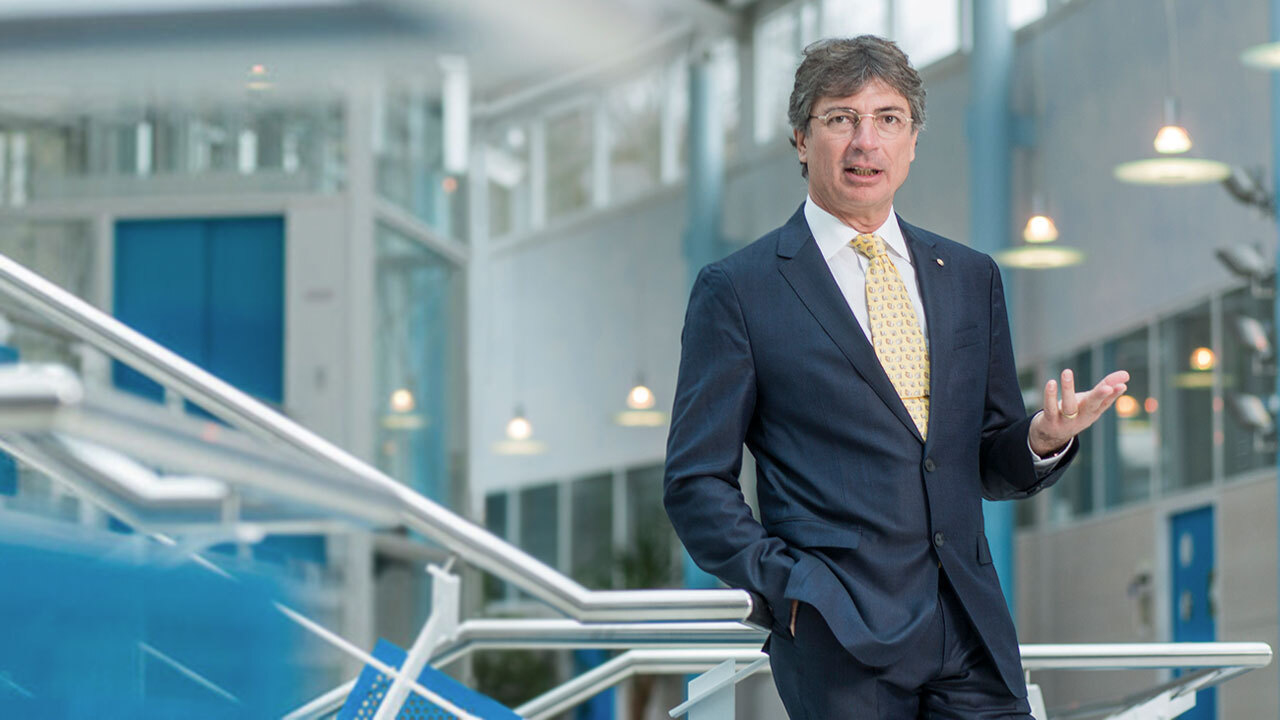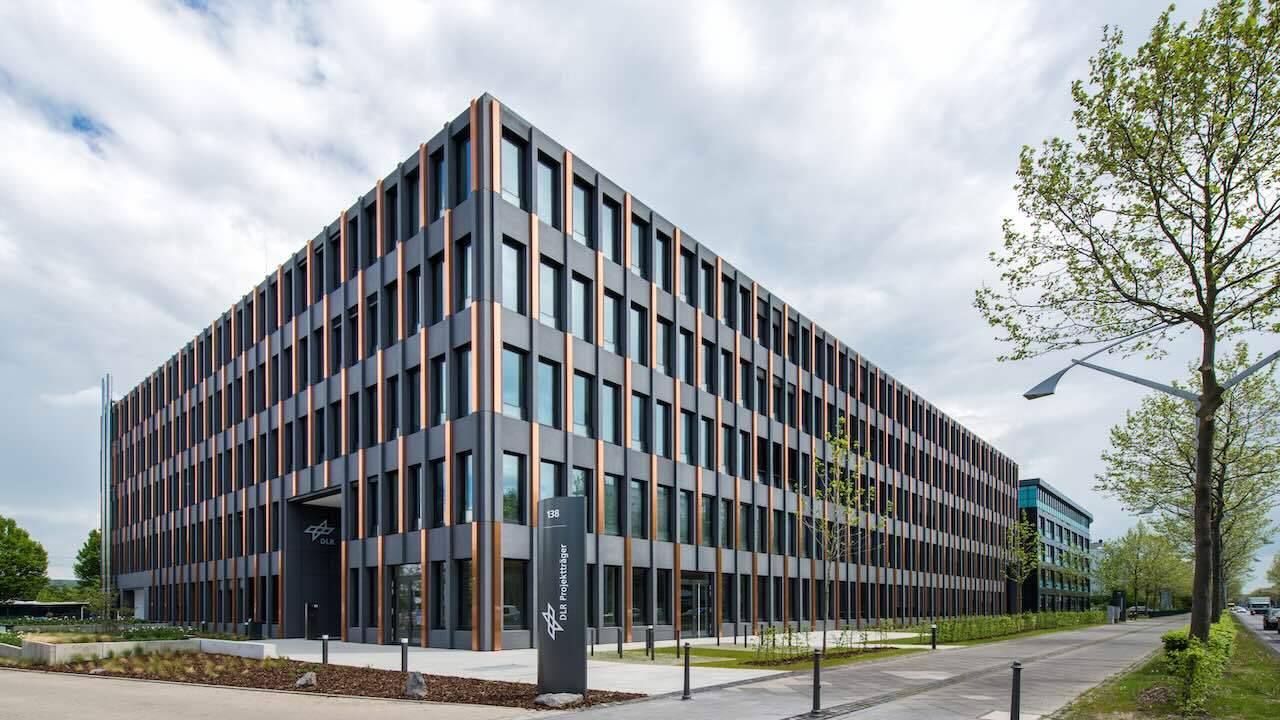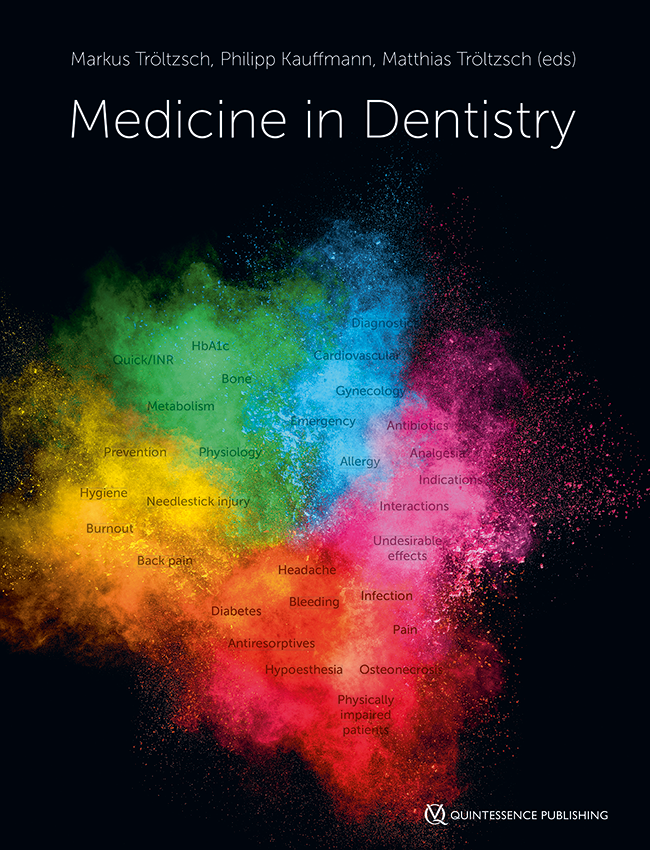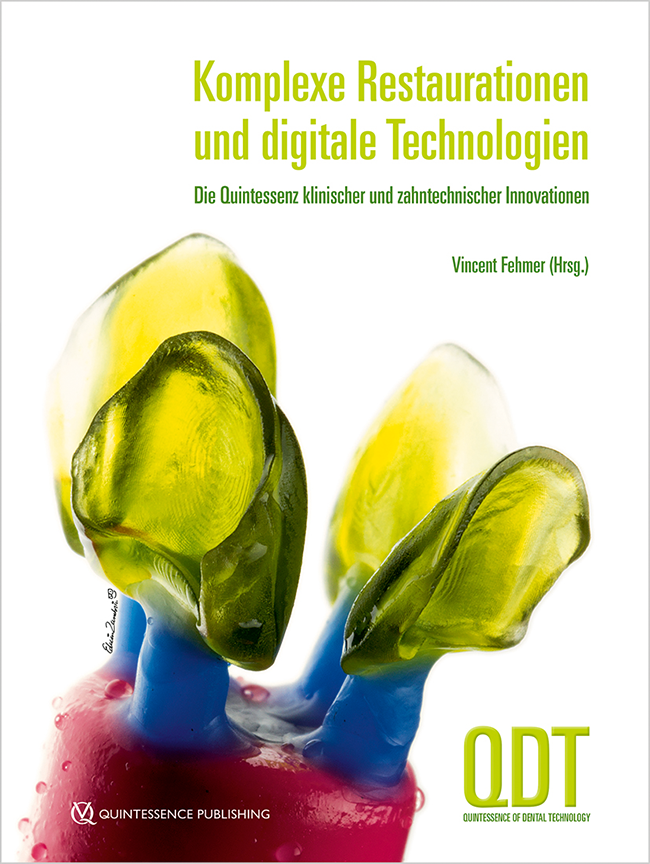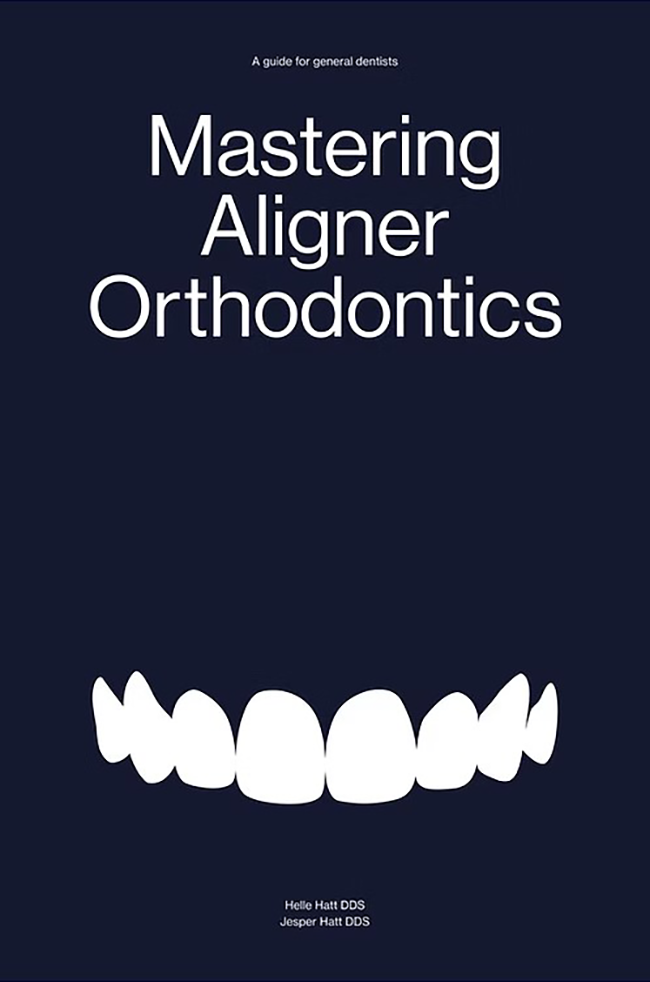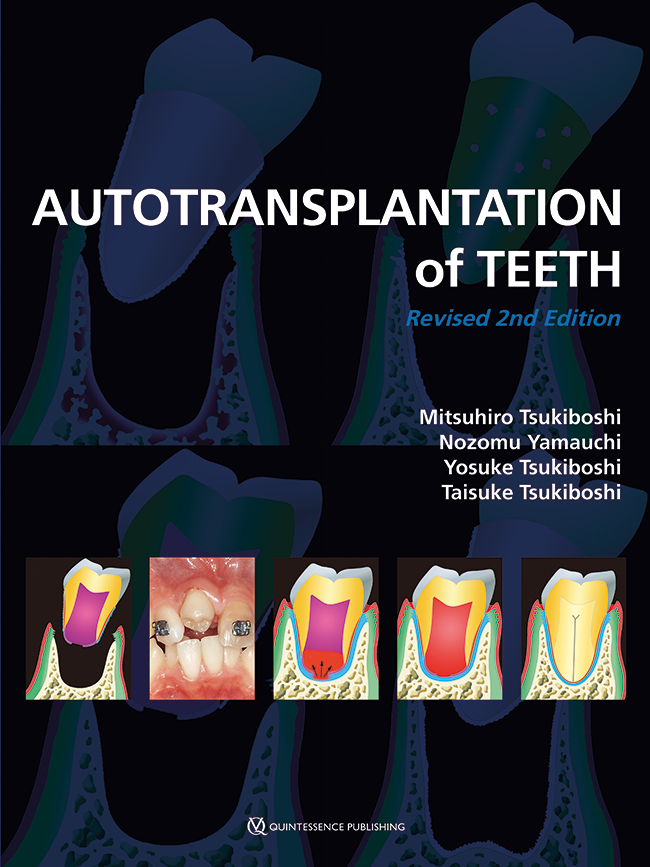Robert Ganley is one of the most interesting personalities of the international dental scene. He is held in high esteem for his expert knowledge of the dental market as well as his ability to recognize future developments and trends – not only in terms of products, but also in terms of opportunities for dentists and dental technicians. What also makes him stand out is his empathy and interest in people. The many awards he has received corroborate this. In this interview, which was conducted for Quintessence News by Dr Aneta Pecanov-Schröder, Bonn, Robert Ganley provides insight into this very special market.
You have been part of the IDS for such a long time, so from your perspective – what are the dental megatrends of the IDS 2019?
Robert Ganley: One megatrend is the continuing success of the IDS – it gets bigger, more successful, more attractive and more valuable at the same time. Another megatrend is communication: We have people talking to people, devices talking to people and even devices talking to devices.
At the press conference of Ivoclar Vivadent, you emphasized that you wanted to find a balance between people and technology. How is your company realizing that? What would you recommend for the future?
Ganley: Yes, we want to find a balance between people and technology. We are very aware of that. We have recognized the power of the "click", and we have recognized the value of the "touch". Both have to go together. As a company we try to provide the best technologies to dentists and to dental technicians and to offer them high-productivity, high-performance products – but which also ensure an esthetic outcome supported by the best education. So we recognize the need for balance. And we try to keep this balance in our company and our products.
Digitalization is one of the megatrends in dentistry. In Germany, however, only 15 per cent of the dentists use digital impression systems. Dental technicians are much more familiar with digital scanning processes. What is the reason for this gap?
Ganley: I think that the value of digital technology became apparent much more quickly to dental laboratories, which is why they made investments at an earlier stage. There is an absolute advantage to the dental laboratory of digital technologies in their operations. It is also a big advantage for dental laboratories if dentists invest in intraoral scanning. Sending a scan of the intraoral situation to the lab is a matter of seconds. When the data comes in on the screen of the technician, it's clean and healthy – more manageable. It's in a way more usable for the lab than analogue impressions, which come from the mouth of the patient and have to go through a disinfection process in the laboratory first – if you are familiar with dental laboratory procedures you know this is time consuming. I think that intraoral scanning will grow rapidly, because the advantages are so clear.
Do you expect a clear shift within the next five years?
Ganley: Dental practices have traditionally been very slow in accepting new technologies. For them, the technology needs to translate into measurable value. The fastest and most immediate acceptance of technology by dentists has been radiography – because the dentists simply had no choice! When film went digital, they had to go to radiography on a digital basis. As scanning has a penetration of around 10 per cent globally today, I estimate that this figure will increase significantly within the next two years. I always try to convince dentists who are friends to switch to scanning. Because it will benefit the patient, benefit the practice and benefit the dental laboratory if they can send digital data instead of analogue data.
"We are a company that is powered by innovatioN"
Consolidation tendencies can be observed in the market. How is the position of Ivoclar Vivadent in the process of consolidation?
Ganley: One of our concerns in the past has always been what we call the "critical mass". Are we big enough to compete? This is not really a topic any more. There is some kind of level at which you are large enough to be able to work with dealers and to create the kind of investment necessary for products and also technology.
But we think that velocity is more important today – the velocity of thinking, the velocity of decision making, and the velocity of operations. If you can act, think, understand, decide and act quickly, this a greater advantage than size. We are a family company. We invest a lot in research and development.
We are a company that is powered by innovation, that's for sure. We are one of the top ten companies in dentistry in the world. And we believe we are one of the two top innovators, when it's measured by new products and by value from the point of view of the customer. All our innovations have a certain quality or we don't release them, and that quality of innovation creates opportunities for the dentist or the dental technician.
What will be the main challenges for Ivoclar Vivadent as a family company in the next five years?
Ganley: One of the challenges always has been the clarity of vision: to try to understand what comes before you and your direction. We navigate in an industry that is highly competitive and fast moving. If you are producing medical devices in the health industry, you need a clear foresight and vision to understand where the industry goes. You need competent analytics and accurate forecasting and real time measurement. This will be a growing challenge in our industry going forward.
To support our strategies we are trying to attract the best people, and then the best people are working together as the best team. And the last and maybe the most important requirement: You have to have the ability and the willingness to understand the customer. The customers change, and their thinking changes. You have to be able to talk to them and to understand what they do.
We spend lots of money on data acquisition and big studies, but we communicate more at the stand, which is most important to me. When I am at the IDS stand and spend time with a dentist or dental technician, I have the chance to ask him or her how their business is, what their challenges for the next five years are, and what they like and what they don't like about us. And if they don't like something, how it could be better.
Which answers do you get?
Ganley: Dentists seek easier, faster, better products. They seek efficiency. And they want esthetics. Their main goal today is the delivery of quality dentistry, but one that is cost-efficient. Dentists see consolidation around them, and they ask themselves: "What will happen to my practice?" and "How can my practice become more successful over time?" Dentists are very concerned knowing about new technologies. They acquire knowledge both through further education courses and through the information provided by the manufacturers. Ivoclar Vivadent invests a lot of money in providing further education courses for dentists and dental technicians at the highest level.
At IDS I got to know that there is a cooperation between Ivoclar Vivadent and Amann Girrbach. What is the purpose of this partnership?
Ganley: There are many companies with milling machines that ask to put our e.max blocks or our discs in their milling machines. Amann Girrbach has been one of these companies. It is not simple to just say "yes", because in order to allow that, it must be ensured that the machines process the blocks or discs properly. That requires us to test the machines before we can release them for use with our materials – we call this validation. We are pleased that we have been able to implement this cooperation for the benefit of our customers.
"Dentistry is in a very good time right now"
You have worked for Ivoclar Vivadent for almost 40 years. Please tell us what makes the dental market so special, and what makes Ivoclar Vivadent so special?
Ganley: Dentistry is in a very good time right now. People understand the value of oral health and the requirement of oral health. And more and more people understand the benefits of quality dentistry and the benefits of esthetics. Today, the patients go to the dentist, come out with their smart phone, look at themselves, take a picture and send it to friends – "Look at my new smile!" – this is what will happen more in the future.
The dental companies know that and all of them work on it to provide better solutions. In the past 30-plus years I have strived to make this company as best as I could, which really means giving a clear vision, finding the best people and creating the best team.
In terms of finding the best people, we have Diego Gabathuler as my successor. He will build his team and attract quality people. So we will continue what we have done in the past, and we will do many wonderful things in the future. This will allow Ivoclar Vivadent to continue to be successful.
Zur deutschen Fassung: „Neue Technologien müsse einen klaren Nutzen bringen“




